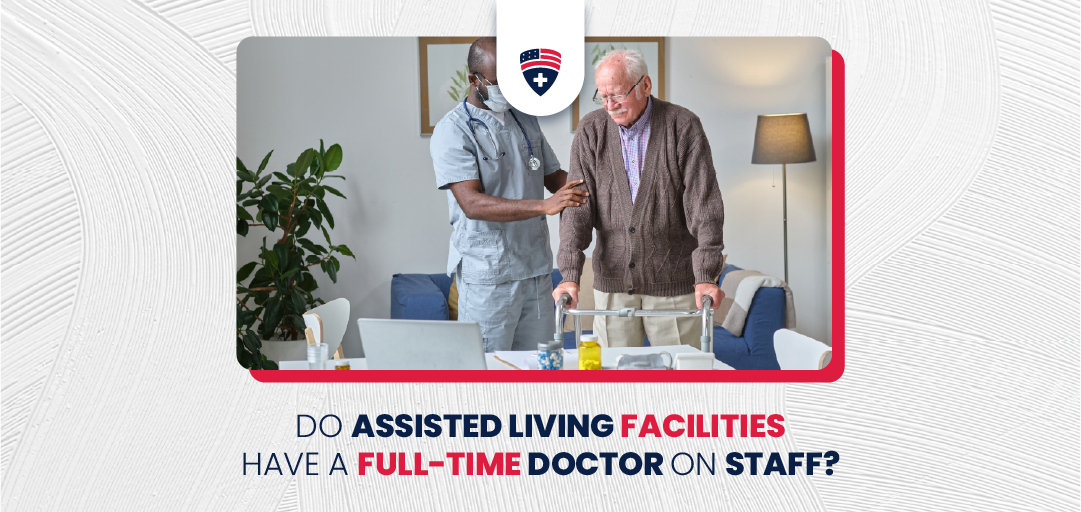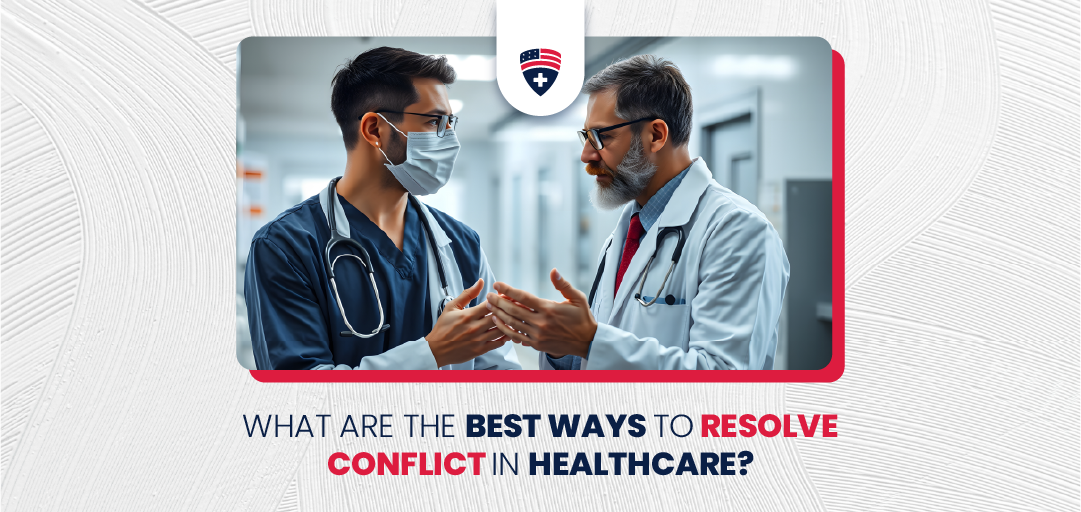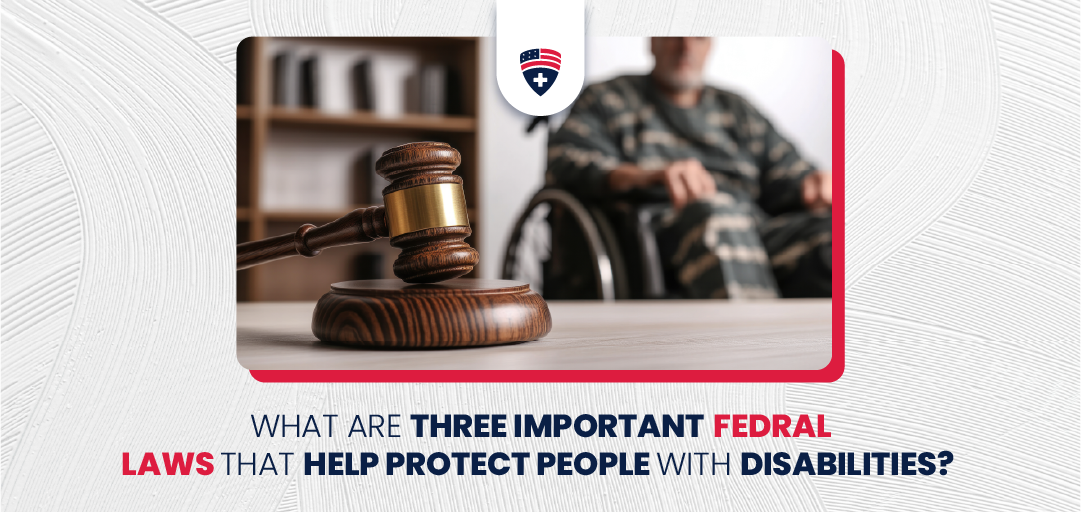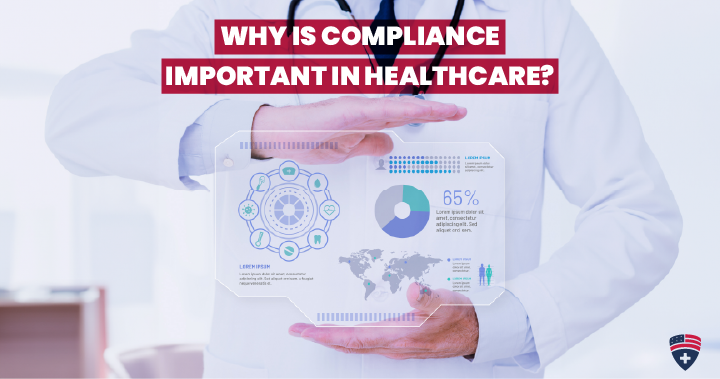
Why Is Compliance Important in Healthcare?
Healthcare compliance can be complicated, with many rules and guidelines.
A compliance plan contains rules, monitors compliance, and outlines corrective actions.
But why is compliance important in healthcare?
Well, think about it, healthcare places like hospitals and clinics are where people go to get better.
So, every healthcare organization, whether large or small, must follow the rules to keep patients safe and healthy.
Are you searching for comprehensive training in OSHA and HIPAA compliance? Contact Us at American Healthcare Compliance today to enroll in our training courses.
Below, we’ll take a closer look at why is compliance important in healthcare. Additionally, why is it essential to build trust in healthcare? So, let’s get started!
Define Compliance in Healthcare
Healthcare compliance involves following legal and ethical standards relevant to healthcare organizations.
It helps healthcare providers do their jobs properly and earn the patient’s trust.
Compliance includes patient care, billing, OSHA regulations, and HIPAA privacy and security.
Why Is Compliance Important in Healthcare?
A healthcare compliance program is vital for meeting healthcare obligations and following regulations.
Having a medical practice compliance plan in place helps organizations know what they must do and how well they do it. Rules must be followed correctly to avoid significant problems, like wrong billing or harming patients.
A good plan helps catch and fix these problems early. It also ensures things are right, like treating patients well and keeping their information private.
Following the rules keeps healthcare organizations trustworthy.
If rules aren’t followed, people may not trust them anymore, hurting their reputation and making it hard to keep running smoothly.
What are the Benefits of a Compliance Program?
Some benefits of a compliance program in healthcare are:
- Enhanced Patient Safety
A healthcare compliance program helps reduce risks associated with medical errors, fraud, and regulatory violations. They safeguard patient safety and ensure high-quality care delivery.
- Better Efficiency
Compliance programs boost efficiency in healthcare by simplifying processes, setting standard procedures, and ensuring accountability.
- Reduced Legal and Financial Risks
Compliance standards reduces the chances of legal disputes, penalties, and fines. It protects healthcare organizations from expensive lawsuits and damage to their reputation.
Compliance Issues in Healthcare
In the world of healthcare, following the rules is very important. But sometimes, healthcare organizations need help with this. Let’s find out some of these issues:
- If healthcare groups don’t follow the rules, they can get into legal trouble. Courts might tell them to fix things, and they could face hefty fines from government agencies.
- If they keep breaking the rules, they may lose access to programs like Medicare and Medicaid.
- Doctors and nurses can also get into trouble if they don’t follow the rules. They could lose their licenses, which means they can’t work anymore.
- Sometimes, breaking the rules can be so severe that people may even go to court and get in big trouble with the law.
- Breaking the rules hurts the reputation of healthcare providers. People might not trust them as much, and that’s not good for anyone.
- Not following the rules can mess up how healthcare places work, causing delays and making things more expensive.
- When healthcare places break the rules, insurance companies may make them pay more money, which is tough on their wallets.
- Fixing problems caused by breaking the rules takes a lot of time and money, meaning less attention is given to caring for patients.
- If a healthcare place keeps breaking the rules, the government will watch them more closely, making things even harder.
Key Healthcare Regulations for Compliance
Understanding and complying with healthcare regulations is essential for medical compliance. Here are some key regulations you need to be familiar with:
- Health Insurance Portability and Accountability Act (HIPAA)
HIPAA ensures the confidentiality and security of patient health data. It promotes medical compliance by setting guidelines for handling sensitive information.
- Health Information Technology for Economic and Clinical Health Act (HITECH)
HITECH ensures that the same privacy and security rules apply to paper health records as to electronic ones. It punishes those who don’t follow these rules more earnestly to ensure they are obeyed.
- Emergency Medical Treatment and Labor Act (EMTALA)
EMTALA guarantees emergency treatment for everyone, regardless of payment ability. It requires hospitals to stabilize patients, upholding urgent care standards.
- False Claims Act (FCA)
The FCA penalizes those who make false claims to the government, like overcharging or billing for services not given. The Department of Justice enforces it to ensure medical compliance.
- Anti-Kickback Statute
This statute prevents influencing referrals in federal health programs, stopping bribery, or generating business. The Office of Inspector General (OIG) enforces it to maintain medical compliance.
- Stark Law (Physician Self-Referral Law)
The Stark Law stops doctors from referring patients for certain Medicare or Medicaid services. This restriction applies to entities where the physician or their immediate family has a financial interest. However, exceptions to this rule may apply.
How Often Should Healthcare Organizations Assess their Compliance Programs?
Healthcare organizations should assess their compliance programs regularly.
Typically, assessments should occur at least annually. They ensure programs remain practical and up-to-date with regulations.
The U.S. Department of Health and Human Services (HHS) Office of Inspector General (OIG) provides valuable resources on compliance.
One valuable resource available is the “Compliance Program Guidance for Hospitals,” which can be found on the OIG website.
How Can Ethics and Etiquette Affect Your Healthcare Career?
Ethics and etiquette are like the backbone of a healthcare career. Ethics means doing the right thing for your patients, like always putting their well-being first.
Etiquette is all about being polite, empathetic, and respectful towards everyone you work with and care for.
By following these principles, healthcare provider can builds trust, improves communication, and creates positivity.
But if you ignore them, it can harm your reputation and lead to problems. So, adhering to good ethics and etiquette is crucial for a successful and fulfilling career in healthcare.
Check out our blog for more information about the effect of ethics and etiquette.
In Conclusion
Why is compliance important in healthcare?
Healthcare compliance is essential for patient safety and trust in doctors and hospitals. Follow the rules prevents mistakes and fraud, keeping everything running smoothly.
Regular compliance checks help keep things on the right track. Plus, being kind and respectful to everyone you work with is a big part of doing an excellent job in healthcare.
It’s all about keeping people healthy and happy!
Even though it can be challenging, healthcare organizations must focus on compliance. Luckily, there are tools available now that make it easier.
If you’re feeling overwhelmed with compliance for your healthcare organization, don’t worry! There’s help out there.
Check out the American healthcare compliance platform designed specifically for healthcare professionals. For more information Contact us.
FAQs
Q: What is the primary purpose of a compliance program?
The primary purpose of a compliance program is to ensure adherence to legal and regulatory requirements.
Q: What happens if ethics and etiquette need to be followed?
If ethics and etiquette are followed, it can lead to understand problems in patient care.
Q: How do ethics impact patient care and treatment decisions?
They guide healthcare professionals in making decisions that are best for patients.
Q: What role does employee training play in maintaining information compliance?
Training helps employees understand the rules, know how to handle data, and reduce the risk of mistakes or accidents.


